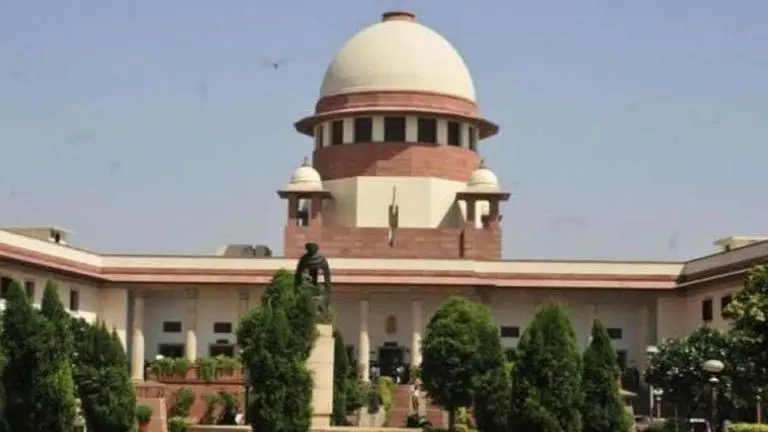Updated 24 January 2020 at 14:24 IST
SC dismisses plea challenging Delhi L-G's NSA order; says can't pass a general direction
Supreme Court refused to hear petition challenging the Delhi Lieutenant Governor's notification of National Security Act (NSA) that empowered police
- India News
- 3 min read

The Supreme Court on Friday refused to entertain a petition challenging the Delhi Lieutenant Governor's notification of the National Security Act (NSA) that empowered Delhi police to detain people without trial for a period of 12 months. The apex court said it can't pass a general direction to restrain government from invoking NSA and granted liberty to the petitioner to file a fresh petition if the law is misused by authorities. The petition was filed by Advocate ML Sharma and heard by a bench of Justice J Arun Mishra and Justice Indira Banerjee.
In light of mass agitation, Delhi uses NSA
Delhi L-G Anil Baijal on January 10 extended detaining powers to Delhi Police under the NSA for a three-month period starting January 19. The national capital has been rocked by massive agitation for over a month against the contentious CAA, proposed NRC and student discontent over university-related issues. Violence was reported in campuses of Jawaharlal Nehru University (JNU) and Jamia Millia Islamia University while sit-in protests carried on in places like Shaheen Bagh.
Advertisement
Plea challenges 'unconstitutional' NSA notification
Advocate ML Sharma made the Ministry of Home Affairs and the governments of Delhi, Uttar Pradesh, Andhra Pradesh and Manipur parties to the plea. The petition has termed the notification by Delhi L-G, allowing police to invoke NSA to detain persons, as "unconstitutional" and violative of fundamental rights guaranteed under Article 19 (1) (freedom of speech and expression) and 21 (right to life) of the Constitution.
"The cause of actions arose on 10 January, when respondents (states) imposed NSA Act for next three months with effect from January 19 in Delhi as well as in Andhra Pradesh by the state government to arrest and detain...for protests against a person holding office of the prime minister and ministers in the Central government...," the plea said. ML Sharma had sought a direction from the SC to quash the notification.
Advertisement
What is NSA?
The National Security Act of 1980 is a stringent law that allows "preventive detention" for months if authorities are satisfied that an individual is a threat to national security or law and order. Under the NSA, a person needs not to be charged during period of detention. The detained person can appeal before a high court advisory board but they are not allowed a lawyer during the trial.
(With Inputs from PTI)
Published By : Shubhayan Bhattacharya
Published On: 24 January 2020 at 14:24 IST
